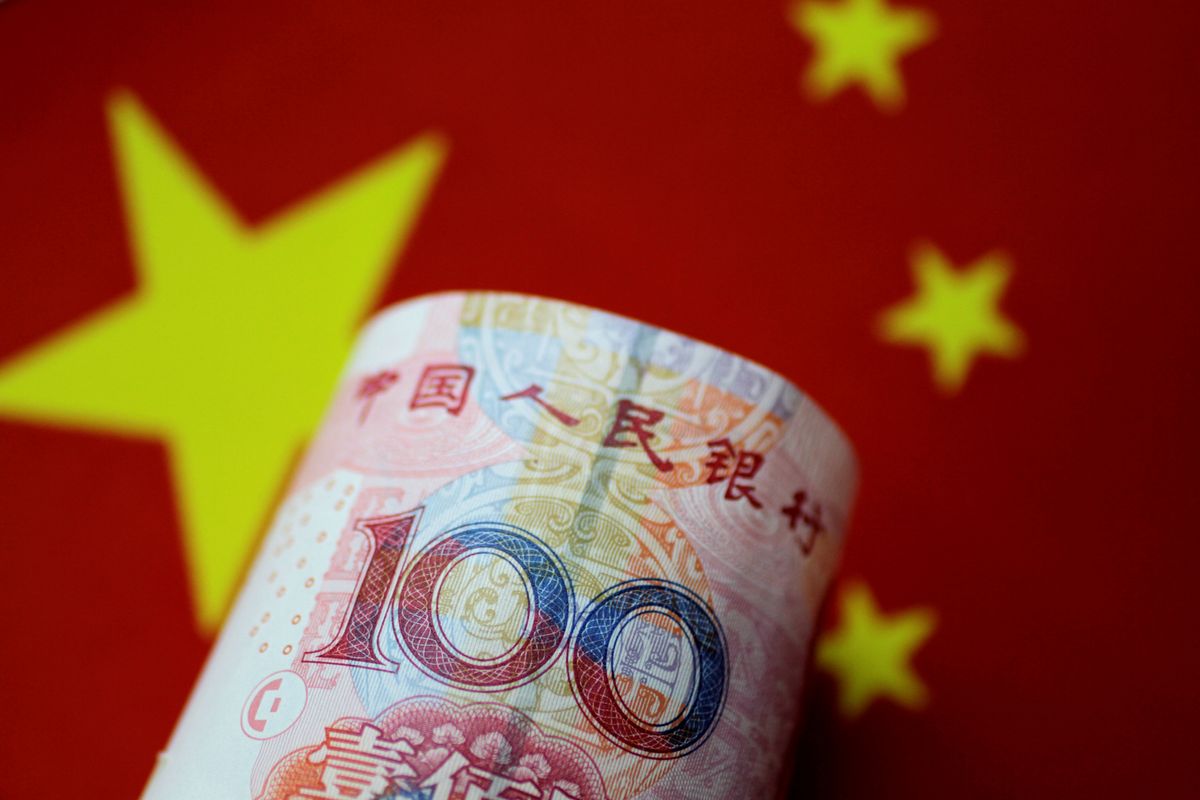China is dealing with a surge in early mortgage repayments
Homeowners have found a way to manage their finances by taking out short-term loans to prepay their mortgages.

A few minutes every morning is all you need.
Stay up to date on the world's Headlines and Human Stories. It's fun, it's factual, it's fluff-free.
The backstory: China's property sector, which makes up nearly 30% of the country's GDP, has been hit hard since Beijing put a stop to developers relying on debt by introducing the "three red lines" policy in 2020. This policy placed caps on borrowing and made down payments higher. The idea was to stabilize the sector's debt and make housing more affordable for citizens.
More recently: Since then, many Chinese developers have defaulted on an estimated US$100 billion worth of offshore bonds, according to JPMorgan, which has scared buyers and hurt the property market. To try and help, China's central bank recently lowered mortgage rates to a new low of 4.3%. But now, existing homeowners haven't been able to benefit from the new low rates since banks only reprice loans at the start of each year.
The development: Homeowners have found a way to manage their finances by taking out short-term loans to prepay their mortgages, even though it's been banned by regulators. This presents a new challenge for authorities who want to boost the economy with affordable loans while also restoring confidence in the property market. Some banks have put caps on early repayments or even closed their systems to these requests.
Regulators are currently looking into how banks are handling the situation. You see, residential mortgages are considered high-quality assets, so banks need to be able to handle the added pressure from people looking to repay early.
Key comments:
"I am paying extra interest just because I bought my home a couple months early," said Britney Sun, a clerk in China's port city Tianjin, who has a 2 million yuan (US$294,700) mortgage. "That is not fair. I need to do something to compensate for my loss."
"Authorities should roll out measures soon to guide banks to lower interest rates appropriately to narrow the gap between the existing and new interest rates," said Dong Ximiao, chief researcher at Merchants Union Consumer Finance.
"If you look at the measures, a lot of them address financing issues for the developers that are still in relatively good financial health, so that will help," said Thomas Helbling, deputy director in the IMF's Asia Pacific Department, to CNBC, referring to China's effort in easing financing issues for the property sector. "But the problems of the property developers' facing severe financial difficulties are not yet addressed. The issue of the large stock of unfinished housing more broadly is not yet addressed."




Comments ()